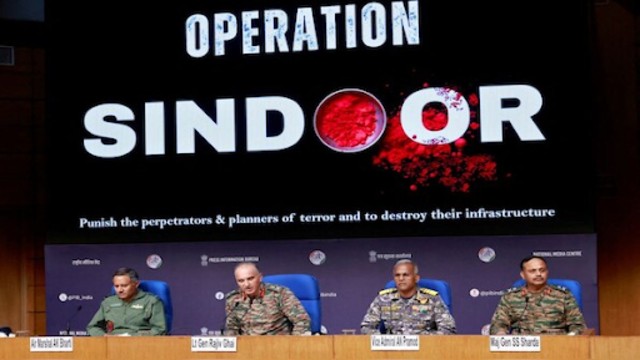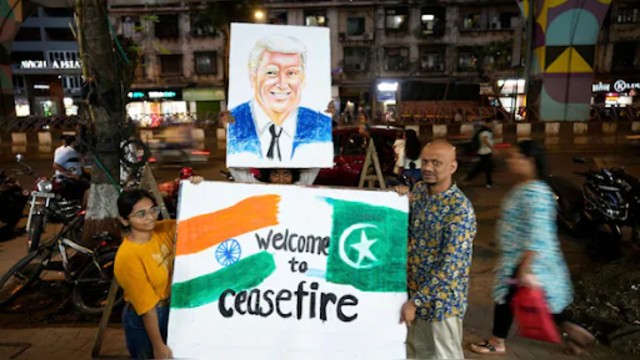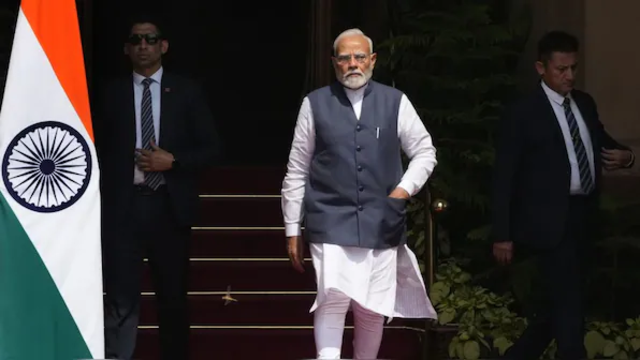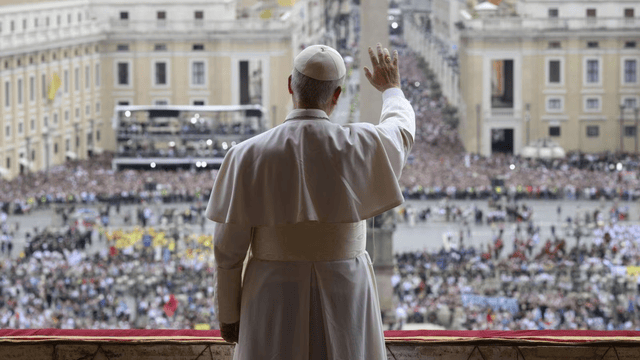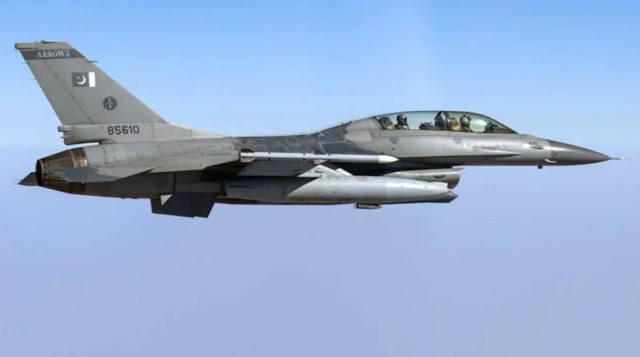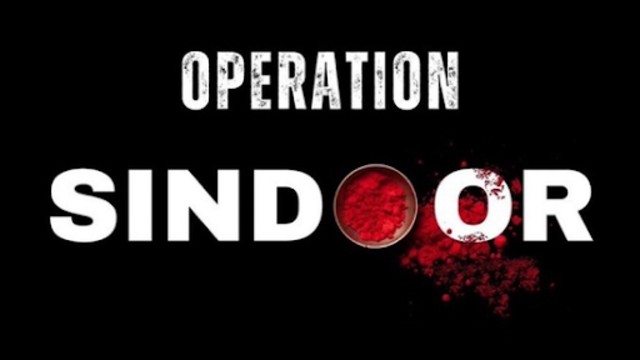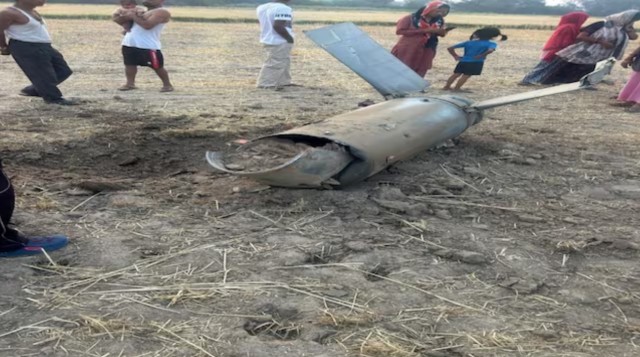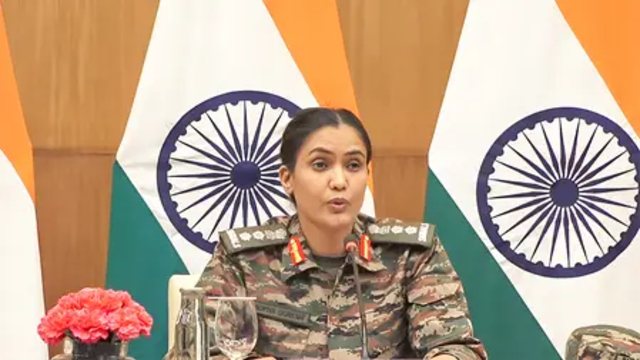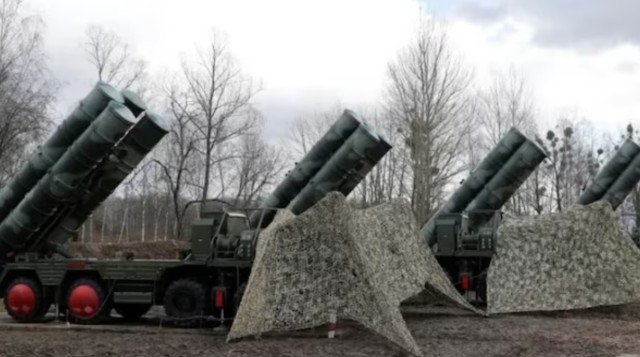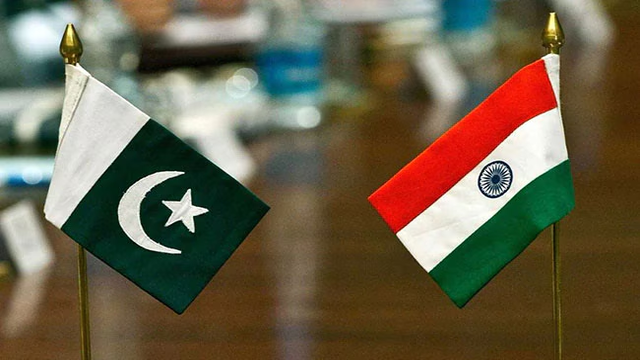
Photo credits (Getty Images)
After days of escalating tension, calm has returned to the India-Pakistan border. For the first time in recent days, no shelling or explosions were reported overnight. The Indian Army confirmed Sunday was the first peaceful night, offering a rare moment of relief for residents near the Line of Control (LoC).
Quiet Night Brings Hope
Border villages that had endured constant shelling finally experienced silence. Though some schools remain shut, families felt safer after days of uncertainty. The brief calm follows a ceasefire declared on Saturday, credited in part to diplomatic pressure from the United States.
Ceasefire Followed Days of Cross-Border Attacks
Tensions had peaked after India accused Pakistan of orchestrating the deadly Pahalgam attack that killed 26 tourists. In response, India launched airstrikes on nine terrorist infrastructure targets in Pakistan and Pakistan-Occupied Kashmir (POK) on Wednesday.
Pakistan retaliated with missile and drone strikes aimed at Indian military bases and civilian areas. While Pakistan denied any involvement in the Pahalgam attack, India insisted on a neutral investigation.
Military Talks Scheduled to De-Escalate
With tensions simmering, both nations have agreed to talk. India's Foreign Ministry confirmed that military operations chiefs from both sides will speak Monday at noon (0630 GMT). The meeting will take place via hotline communication between the Director Generals of Military Operations.
India has already raised concerns over earlier ceasefire violations. A senior Indian Army officer noted that Delhi had flagged Pakistan's actions and warned of strong retaliation if the violations continue. However, Pakistan’s military spokesperson denied any ceasefire breaches.
Diplomatic Efforts Behind the Ceasefire
New Delhi has long maintained that Jammu and Kashmir is an internal matter. It insists that any issues with Pakistan must be resolved bilaterally, without third-party intervention.
Markets React Positively to Peace Hopes
The ceasefire had an immediate effect on financial markets in both countries. Pakistan’s stock exchange temporarily paused trading after its benchmark index surged nearly 9%. The jump helped it recover most of the losses from earlier in the week.
In India, the Nifty index rose about 2.5% in early trade, following a three-day dip that saw it fall 1.5%. The markets clearly responded positively to the de-escalation along the border.
Financial Boost for Pakistan
Adding to Pakistan’s economic recovery, the International Monetary Fund (IMF) approved a $1.4-billion loan under its climate resilience fund. It also completed the first review of Pakistan’s $7 billion financial aid program. The financial support is seen as timely, coming just after the military standoff.
Political Reactions and Future Steps
Back home, political reactions continue. India’s opposition party, Congress, which had previously supported Prime Minister Narendra Modi’s stance post-attack, has now called for a special parliamentary session. The aim is to discuss the recent escalation and the path forward with Pakistan.
The upcoming military talks are seen as a crucial step in preventing further conflict. However, both countries remain on high alert. While the ceasefire has brought temporary calm, the region’s history suggests that peace remains fragile.
Final Thoughts
The silence along the LoC is a welcome change, but it remains uncertain how long it will last. As India and Pakistan’s top military officials prepare to talk, the world watches closely. Any progress toward lasting peace will depend on restraint, diplomacy, and mutual accountability.


